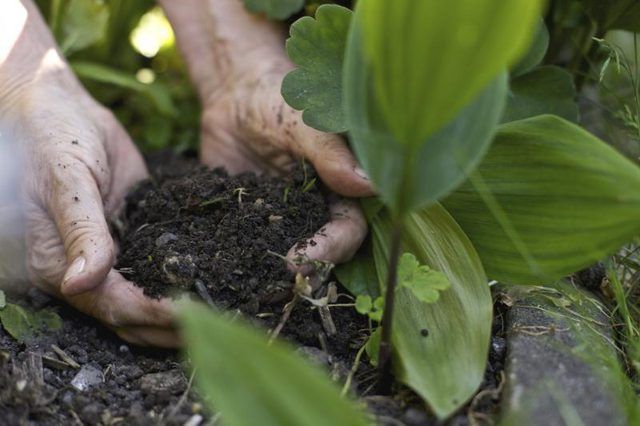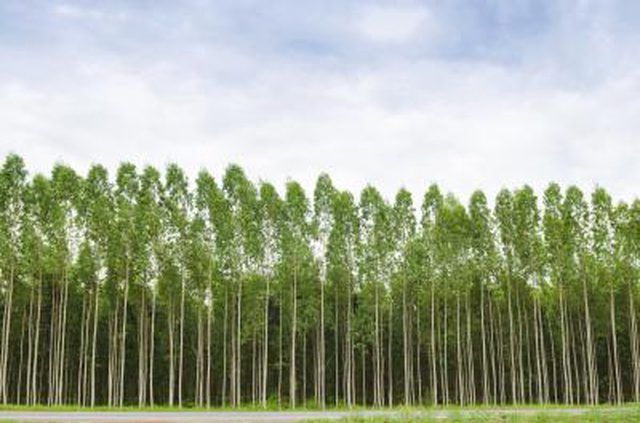Bulbs
Flower Basics
Flower Beds & Specialty Gardens
Flower Garden
Garden Furniture
Garden Gnomes
Garden Seeds
Garden Sheds
Garden Statues
Garden Tools & Supplies
Gardening Basics
Green & Organic
Groundcovers & Vines
Growing Annuals
Growing Basil
Growing Beans
Growing Berries
Growing Blueberries
Growing Cactus
Growing Corn
Growing Cotton
Growing Edibles
Growing Flowers
Growing Garlic
Growing Grapes
Growing Grass
Growing Herbs
Growing Jasmine
Growing Mint
Growing Mushrooms
Orchids
Growing Peanuts
Growing Perennials
Growing Plants
Growing Rosemary
Growing Roses
Growing Strawberries
Growing Sunflowers
Growing Thyme
Growing Tomatoes
Growing Tulips
Growing Vegetables
Herb Basics
Herb Garden
Indoor Growing
Landscaping Basics
Landscaping Patios
Landscaping Plants
Landscaping Shrubs
Landscaping Trees
Landscaping Walks & Pathways
Lawn Basics
Lawn Maintenance
Lawn Mowers
Lawn Ornaments
Lawn Planting
Lawn Tools
Outdoor Growing
Overall Landscape Planning
Pests, Weeds & Problems
Plant Basics
Rock Garden
Rose Garden
Shrubs
Soil
Specialty Gardens
Trees
Vegetable Garden
Yard Maintenance
Is Eucalyptus Mulch Toxic to Plants?
Is Eucalyptus Mulch Toxic to Plants?. Some plants have the ability to discourage the growth of other plants by a process called allelopathy. Eucalyptus trees (Eucalyptus spp.), with their strong aromatic oils, are known to inhibit the growth of nearby plants. For this reason, gardeners are often concerned that mulches made from eucalyptus trees...

Some plants have the ability to discourage the growth of other plants by a process called allelopathy. Eucalyptus trees (Eucalyptus spp.), with their strong aromatic oils, are known to inhibit the growth of nearby plants. For this reason, gardeners are often concerned that mulches made from eucalyptus trees will damage or inhibit their garden plants. Fortunately, a number of research studies have been conducted that looked at this issue. Eucalyptus trees are hardy in U.S. Department of Agriculture plant hardiness zones 8 through 10 depending on the variety.
Allelopathy
Many trees and plants produce biochemicals – allelotoxins -- to gain a competitive advantage for survival. The toxins are different for each plant and so are their methods of action. For instance, some plants use toxins to kill or inhibit other plant growth to sequester available nutrients for themselves, while other plants use biochemicals to protect themselves from animal foraging by tasting unpleasant or being poisonous. Allelotoxins can be released from the roots into the soil, retained in the leaves, bark and leaves or released into the air as gasses.

Eucalyptus Trees
Native to Australia, eucalyptus trees are now grown in large plantations world-wide because of their rapid growth rate. These plantation trees are harvested and used for plywood, paper and mulch. Because of their economic importance, the eucalyptus allelotoxins have been extensively researched. Although the toxins may vary from species to species, in general the leaves and bark shed from the trees are known to release phenolic acids and volatile oils that suppress the growth of other plants under the trees.

Eucalyptus Mulch
A study in Florida directly compared the ability of different wood mulches (cypress, eucalyptus, melaleuca, pine bark, pine straw and Gainsville Regional Utility Mulch) to suppress lettuce seed germination. Surprisingly, the scientists found that all the fresh mulches suppressed seed germination; however, after six to nine months, all of the suppressive properties were gone. The study also found that all mulched areas had fewer weeds compared with areas without mulch. Eucalyptus mulches performed no differently than the other mulches.
Benefits of Eucalyptus Mulch
Organic mulches such as eucalyptus provide a wide range of benefits to the home landscape. Mulches can be used to separate areas such as flower beds from grasses or to provide color contrast. In areas with low rainfall, drought conditions or high daytime temperatures, mulches prevent water loss and moderate soil temperatures. They also reduce soil loss to wind and water erosion. Mulches add organic materials to poor soil as they decompose. And finally, mulches can be used to suppress weeds.
